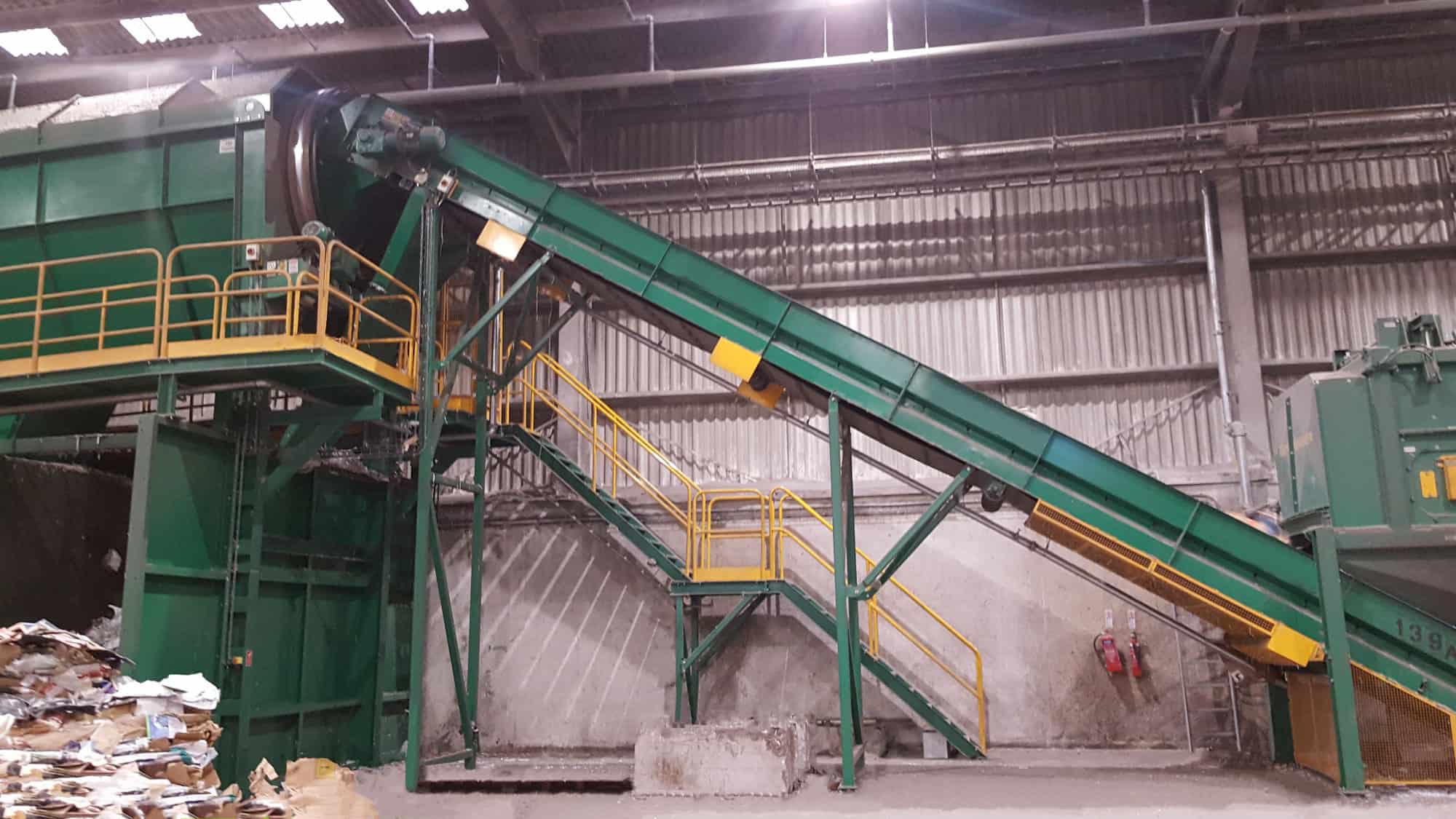
Beginning:
There are many reasons and benefits for managing waste organically. To begin with, unlike the massive landfills that emit methane and other dangerous fumes that affect the planet, organics are complementary as they play a constructive role in retaining the soil structure and content. Today, there is more demand for organic waste management. But what is organic waste anyway? Let us find out more below.

What is Organic Waste?
Organic waste is biodegradable and compostable waste from homes, businesses, institutions, and industrial sources. The main examples of organic waste are food remains, yard and garden trimmings (grass, leaves, roots, plant stems, seeds, food-soiled paper products, and other types of biosolids). Biosolids can come in several forms and states. Organic waste is derived from living organisms, like the remains of plants and animals.
The advantage is that any organic waste can be composted. It’s made of refuse from gardens like grass clippings, fresh leaves, and domestic or industrial kitchen wastes. It may, however, not include dried leaves, pine straw, or hay. There are four common elements in organic waste, which are carbon, hydrogen, oxygen, and nitrogen.
What Is the Difference Between Organic Waste and Composting?
There are several marked differences as well as similarities. The two are interdependent. Here are the clarifications.
Organic Waste:
Organic waste is biodegradable and compostable waste from homes, businesses, institutions, and industrial sources. As we can see, organic waste has a compostable attachment.
Composting:
Composting is a controlled process that converts organic materials into nutrient-rich soil additives via natural decomposition. The compost usually has a dark colour, is crumbly or easily breakable, and has an earthy odour.
What are the Proven Advantages of Organic Waste Management?